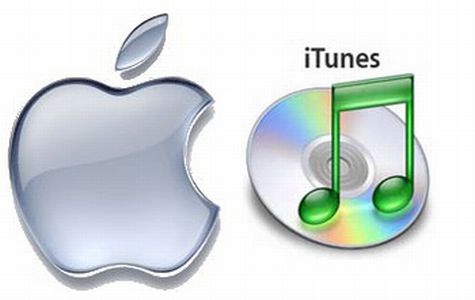iTunes holds 88% of the U.S. market and became the biggest music seller in 2008. It has sold 15 billion apps, 1 million HD television episodes and 10 billion songs this year alone. It is now a music giant used by millions of people all over the world including The United Kingdom and The United States, which is why it has become a target for hackers and virus distributers.
Types of viruses and how they could affect your iTunes
In modern times viruses, spyware, malware and adware have all evolved into sophisticated scams. Even now there are worms and Trojan horses circulating the internet fooling users into downloading false applications which corrupt your computer. Internet security is often overlooked and is why so many users fear the internet. A computer virus is a self-replicating application that can distribute its self through address books or servers infecting everything it makes contact with. Adware and spyware are very similar; they monitor your internet activity and then send this data onto someone else. If the user is not aware of this then it is spyware, but if the user accept this then it is adware. Malware is short for malicious software and is created to gain unauthorised access to personal user’s information or exploit people, an example of malware would be the aforementioned iTunes virus.

With all these threats it’s no wonder certain people do not want to use the internet. There has been a type of itunes virus in the form of malware circulating recently which focuses on iTunes, what makes it so effective is that the malware is distributed via a technique called Phishing. Phishing is a technique used to trick users into revealing private data by requesting it in an official looking E-Email. This time the E-Email looks like one from Apple iTunes store. The offer states that the user has been sent $50 of iTunes store credit and need to open the attached ZIP file to get a unique code; this software opens up a backdoor on windows computers which allows hackers to access the infected PC and will also capture confidential information such as passwords and credentials.
There are a few steps you can take to ensure this iTunes virus never gets to you:
- Never open Emails from unknown senders
- Regularly update your anti-virus software
- Do a small scan of your computer daily and a full scan weekly
- Never open any attachments from E-Mails unless you are absolutely certain it’s safe and fully trust the sender
- The chances are, if something seems too good to be true. It probably is!
Don’t become a victim of this plot or any others, if you follow basic safety steps and never download unauthorised applications you will be fine, even if you do open a suspicious E-Email the chances are you will be okay as long as you put it into your junk folder and block the sender. Always ensure your anti-virus software is up to date and always stay safe whilst browsing to ensure that this itunes virus never affects you.
Disclosure: We might earn commission from qualifying purchases. The commission help keep the rest of my content free, so thank you!



